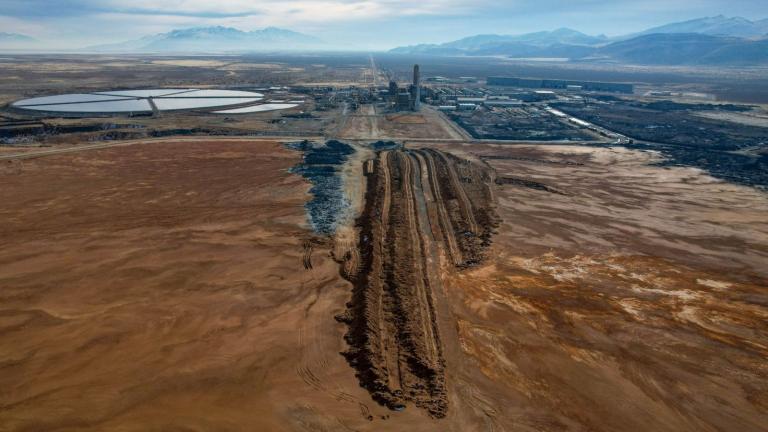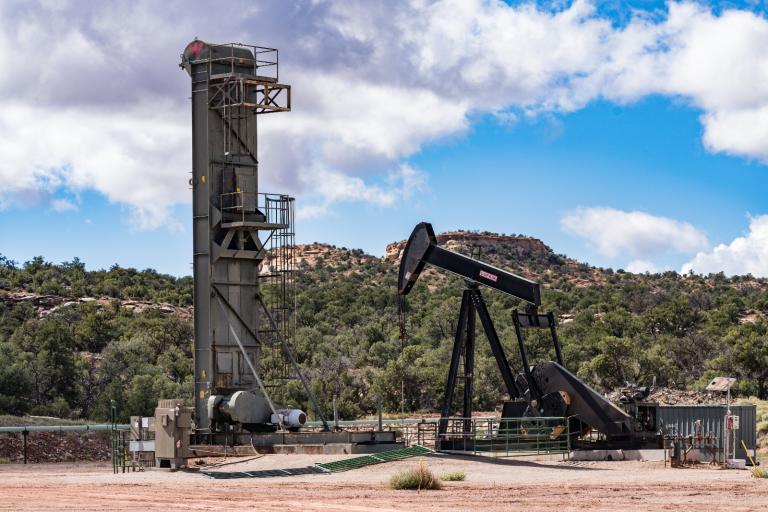OK, we’ve got Obama in the plus column for the state of Illinois. But in addition to the gubernatorial craziness going on in my home state, we’ve now got this: Tenaska, an independent power company, has been seeking to build a coal plant in Illinois. The problem being of course, that new, coal-fired power plants are really, really, really, really lousy investments. Tenaska tried to change government rules to ensure they made money.
That in and of itself isn’t inherently bad. Every company has a vested interest in tweaking laws to benefit their shareholders. But to ask is nobler than to receive. I wouldn’t be a bad person if I asked the state to give me $1 million a year to support my crack habit, but if the state gave me that money and I accepted, we would both be complicit.
So how did the Illinois legislature respond? “Clean Coal Portfolio Standards.” Seriously.
Tenaska gets a long-term power contract on what would otherwise be a massive economic boondoggle. Illinois gets to increase power rates and rates of fossil extraction. (The law does require at least 50 percent CO2 sequestration, so there is the possibility that this might not be a total disaster on that particular front. But there’s no avoiding the fact that this is neither as cheap nor as clean as a whole host of alternatives, especially once the broader externalities of coal are taken into account.) And the whole thing is dressed up in an environmental cloak. Methinks the impeachment proceedings shouldn’t limit themselves to the executive branch.
(Math note: The project in question is the Taylorville Energy Center, a 525 MW, $3.5 billion facility that per the Tenaska press release will recover “55 to 60 percent” of its CO2 emissions. That works out to $6,666/kW and delivered power costs on the order of something like 20 cents/kWh and total CO2 emissions of 800-1,000 lbs/MWh. If one gives credit for both, relative to the U.S. average, that implies a 300-500 lb/MWh reduction in CO2 emissions, offset by a $0.11/kWh rate increase. Simple division shows that Illinois ratepayers will subsidize this plant to the tune of $400-700 per ton of CO2 reduction.)


